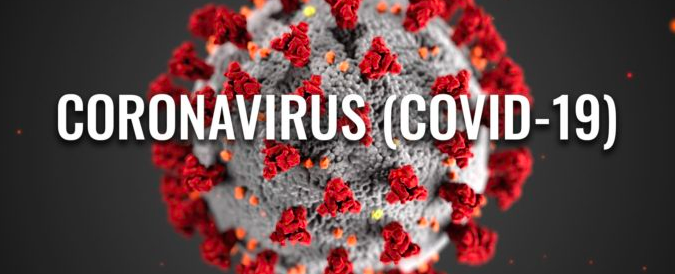
These are unprecedented times that we are living in. Below is some information that employers may find useful as they triage their business. However, the following information is being provided under the caveats that (i) this is general information and your company’s specific facts may change the analysis set forth below (e.g., industry, # of employees, state where employee works, etc.) and (ii) some of this information is moving so quickly that this information may quickly become outdated by new information, new legislation, and new best practices.
Someone Is Showing Symptoms or Has Tested Positive For COVID-19. What Do I Do?
If one of your employees tests positive or exhibit symptoms of COVID-19 infection, you (as the employer) should send the employee home and ask him or her to self-quarantine for 14 days. Employers should work with the employee to monitor his/her progress and determine when returning to work would be sensible.
You (as the employer) should not require any documentation or test confirmation prior to sending employees home. If necessary, you can get that information later; but the priority should be health and safety to others and containing the spread of the virus.
In addition, you (as the employer) should also provide notice to all employees who worked in close proximity to the individual in question, without identifying the individual’s name or other personal information. That notice should be provided as soon as possible in writing, preferably by email or something equally efficient.
If Employees Are Off Of Work Because of COVID-19, Are We Required To Pay Them?
Under federal law, employers are not required to pay non-exempt employees for work they do not perform and are not required to pay exempt employees for full-week absences in which they perform no work. However, employers must also consider state and local wage and hour requirements over and above the federal rules. Employers must also remain consistent with general practices.
Some states have instituted or proposed emergency paid sick leave measures. For example, here in Colorado, the state legislature just adopted emergency rules to require employers in certain industries to four days paid sick leave to employees for COVID-19 testing. The paid leave ends if an employee receives a negative COVID-19 test result.
The industries include:
- Leisure and hospitality
- Food service
- Child care
- Education
- Home health care
- Operating a nursing home or community living facility.
Should We Close Our Office(s)?
Employers should adopt a flexible approach to working from home if they intend to keep business up and running. Updates are coming in that some jurisdictions are requiring business closures. Absent specific prohibitions, this must be a tailored business decision. But, as many of you know, the Governor of Colorado has shut down food and beverage businesses (except for delivery/takeout), ski resorts, theaters, gymnasiums, and casinos for 30 days from March 17, 2020. In addition, the Mayor of Denver has taken even more extreme measures to prevent the spread and has closed restaurants and bars until May 11, 2020 (i.e., eight weeks).
Stay Up-To-Date
To stay on top of alerts like this and other timely business matters, be sure to sign up for our free monthly newsletter and bookmark our COVID-19 Business Resource page.
